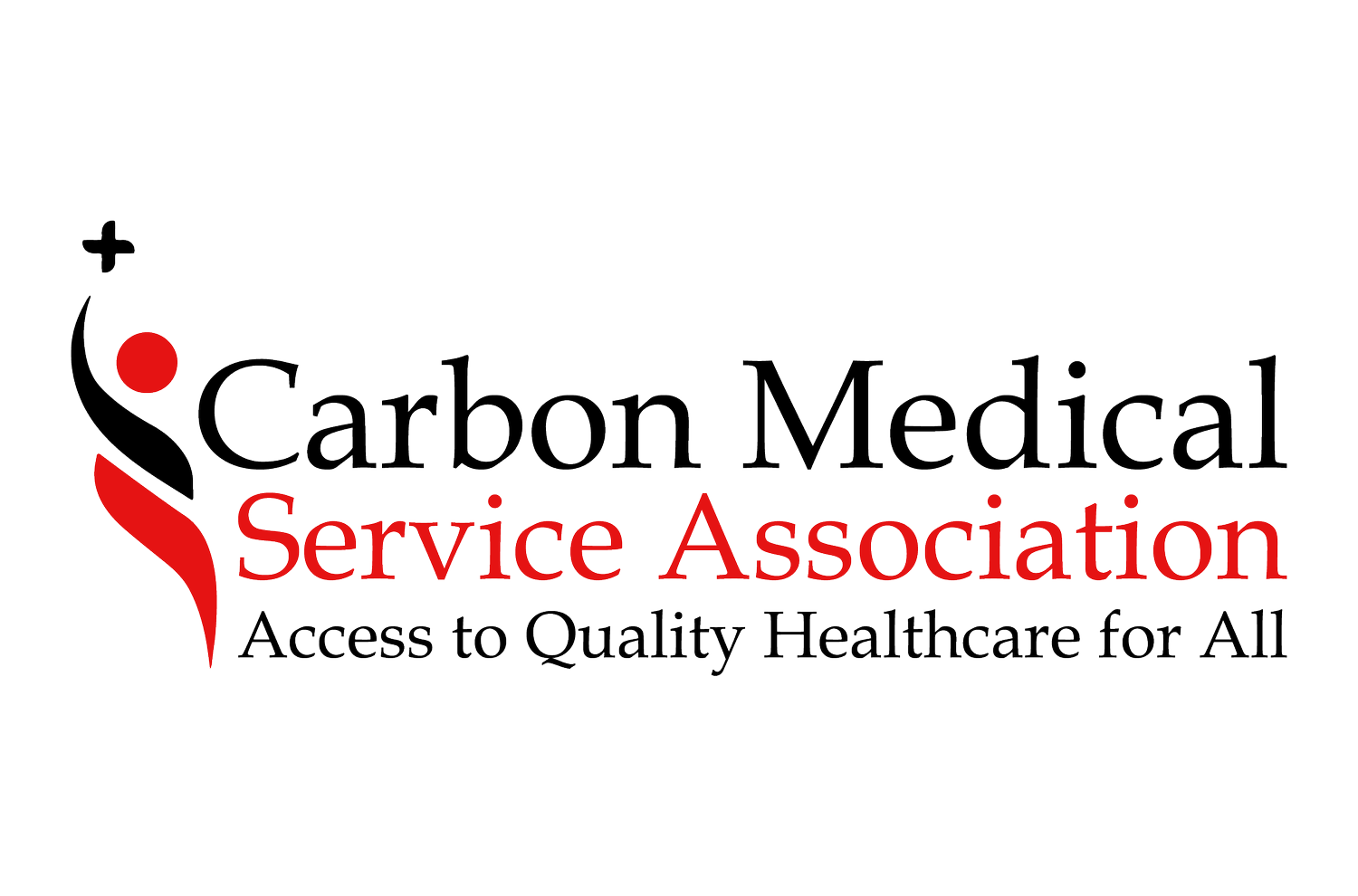Family Medicine
Family physicians provide the majority of care for America’s underserved rural and urban populations. In addition to diagnosing and treating illness, they also provide preventive care, including routine checkups, health-risk assessments, immunization and screening tests, and personalized counseling on maintaining a healthy lifestyle.
Family physicians also manage chronic illness, often coordinating care provided by other subspecialists. From heart disease, stroke and hypertension, to diabetes, cancer, and asthma, family physicians provide ongoing, personal care for the nation’s most serious health problems.
Family physicians are the only specialists qualified to treat most ailments and provide comprehensive health care for people of all ages — from newborns to seniors. This looks like:
Caring for patients regardless of age or health condition, sustaining an enduring and trusting relationship
Understanding community-level factors and social determinants of health
Serving as a patient's first contact for health concerns
Navigating the health care system with patients, including specialist and hospital care coordination and follow-up
Using data and technology to coordinate services and enhance care
Considering the impact of health on a patient’s family
Medication Assisted Treatment for addiction.

